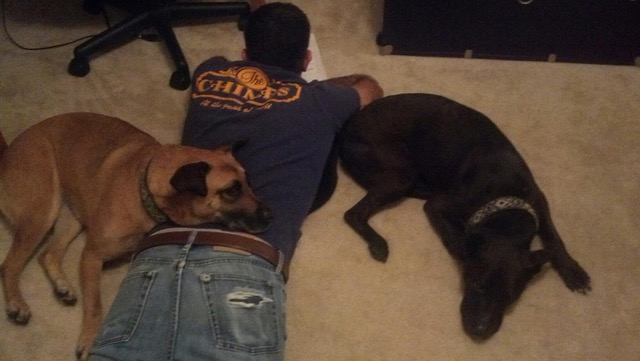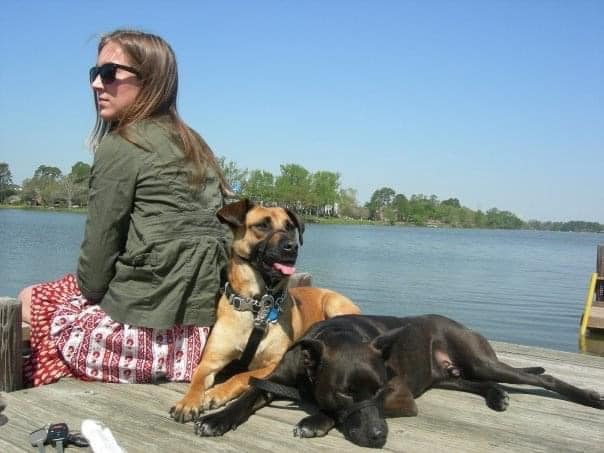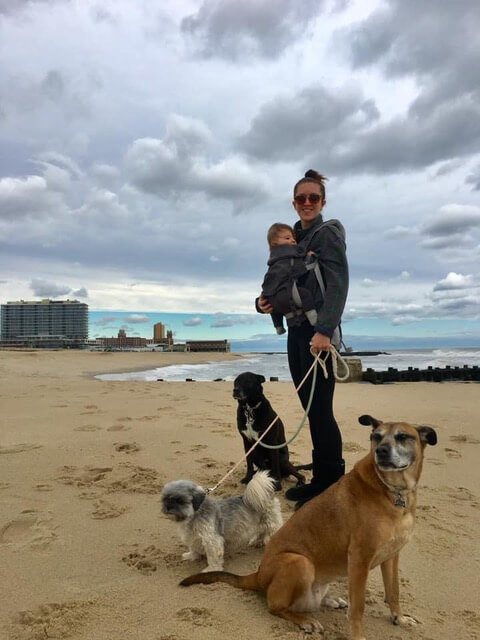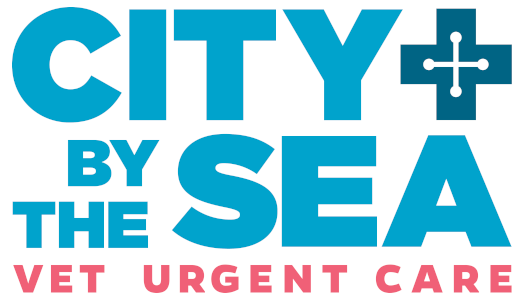


I miss my dog.
“I don’t know how you do this.”
“I wanted to be a vet, but I could never do this part.”
“This must be the hardest part of your job.”
My wife and I put our dog Andouille down last month. Our son is 4 years old and still asks about her, and while we don’t lie to him, we don’t go in to too much detail. However, he still grieves in his own way: he asks who took her, and if he can go visit her. He tells us he doesn’t want anyone to take his puppies (we have 2 other dogs).
Andie was with us for 15+ years. We aren’t exactly sure how old she was, but she was less than a year when we picked her up from East Baton Rouge Animal Control and Rescue. She was a calm, smart pup. She would accompany me on runs without the need for a leash and would stay glued to my side completely ignoring all distractions. She lived in 4 different states from Louisiana to New Jersey, Philadelphia, Alabama and then finally back to Asbury Park. She loved the beach and fetching sticks and tennis balls out of the water. She would lie on top of me when I would try to pull all-nighters in vet school.

In 2016, we detected on routine blood work that her kidney values were slightly increased. We monitored this progression frequently and started her on a special diet (she hated it). She remained without symptoms or signs of discomfort for several years. The last year she really started to show her age and had two pretty severe episodes of vestibular disease (vertigo) which improved, but never really seemed to fully resolve. Gradually, she lost weight and despite us trying a variety of foods, she stopped eating nearly everything. Her kidneys continued to fail and eventually her tail stopped wagging.
You would think we would know when it was time. We didn’t. We just kept holding on for a sign or a miracle or something that would give us hope that we could just try this treatment or that one. We coach pet owners every day on this subject and give clients our honest opinion. It’s hard! And when it’s your own pet – the rules go out the window. In the exam room, we often discuss making lists of things that are important for quality of life, beyond the basics of eating/drinking/urinary habits/etc. but also favorite things to do – like walks and hikes or swimming. Some pet owners will push their blind and deaf pets around in a stroller and change diapers for their pet. Another may be ready to make the decision when a pet can’t walk with them freely. Quality of life has so many variations across pet owners, and one is not more right than another.
For me, I knew when Andie’s tail stopped wagging and she ran away from me instead of toward me when trying to play with her that enough was enough and we needed to act. Reflecting on losing my dog and planning “the day,” I was forced to think about my own mortality; the chapter of my life I spent with her, the highs and the lows and her unconditional support for me, following me where ever I went. She asked no questions about whether I was going down a righteous path or a regrettable one. From grad school to vet school to getting married, establishing a home and starting a family – she was always ready to remind us to stop and play with her or rub her belly. Among other reasons, selfishly, I think this is why I struggled to commit to the decision sooner.
She was euthanized in our lap, where she once took comfort.
The word euthanasia is derived from Greek meaning “good death.” The process is painless and intended to be as stress free as possible. The truth is, no one wants to do this part of the job – but it’s one of the most important things we can do for our pets. Vets help pet owners navigate these decisions and I have always looked at this as still helping pets and pet owners by providing this service. We can end suffering, or better, decide an end BEFORE the suffering. We believe pets have dignity. When this dignity is challenged by chronic disease and a decline in health – they look to us pet owners for support. Even if it means helping them die.
If you or someone you know is grieving the loss of a pet, here are some helpful resources
provided by our colleagues:


